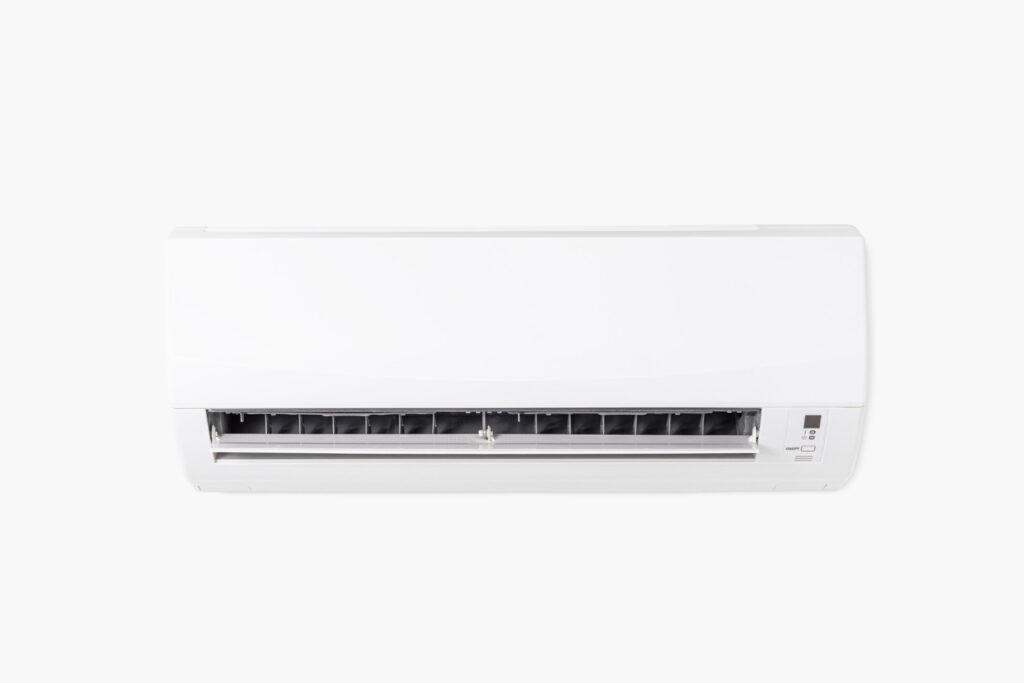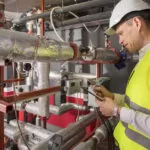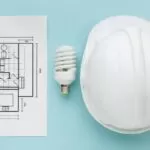As a responsible building owner in the great state of Texas, ensuring the comfort and well-being of your occupants is a top priority. One crucial aspect that contributes significantly to the overall satisfaction of your tenants is the design and functionality of the air conditioning (A/C) system. In the scorching Texas heat, a well-thought-out A/C design not only enhances the livability of your property but also plays a pivotal role in energy efficiency. In this guide, we will explore practical considerations and recommendations for A/C design tailored to the unique climate of Texas.
Table of Contents
Understanding the Texas Climate
Texas is known for its diverse climate, characterized by hot summers and mild winters. The intense heat during the summer months poses a significant challenge for building owners, making an efficient and reliable A/C system a necessity. When designing or upgrading your A/C system, it’s crucial to take into account the region-specific climatic conditions to ensure optimal performance and energy efficiency.

Selecting the Right A/C System
Choosing the right type of A/C system is the first step in creating a comfortable indoor environment. In Texas, where the summers can be unforgiving, central air conditioning systems are commonly preferred for their ability to cool large spaces efficiently. These systems use ducts to distribute cooled air throughout the building, making them suitable for both residential and commercial properties.
Additionally, split-system A/C units, which consist of an outdoor condenser unit and an indoor evaporator unit, are a popular choice for smaller buildings or individual rooms. Understanding the specific needs of your property and its occupants will guide you in selecting the most appropriate A/C system.
Optimizing A/C System Size
Ensuring that your A/C system is appropriately sized for your building is crucial for efficiency and cost-effectiveness. An oversized system may lead to frequent on-off cycling, resulting in unnecessary energy consumption and wear on the equipment. On the other hand, an undersized system may struggle to meet the cooling demands of your property, leading to discomfort for the occupants.
To determine the right size for your A/C system, consider factors such as the size of the building, insulation, windows, and the number of occupants. Consulting with a professional HVAC (Heating, Ventilation, and Air Conditioning) contractor can help you perform a load calculation to accurately size your A/C system for optimal performance.
A/C Design: Efficient Ductwork Design
The efficiency of your A/C system is not only dependent on the type and size of the system but also on the design and condition of the ductwork. Well-designed ductwork ensures that cooled air is distributed evenly throughout the building, avoiding hotspots and maintaining a consistent temperature.
Inspecting and sealing any leaks in the ductwork is essential to prevent energy wastage. Leaky ducts can lead to cooled air escaping into unconditioned spaces, forcing the A/C system to work harder to compensate. Regular maintenance and inspections of the ductwork contribute to the longevity and efficiency of the entire A/C system.
Smart Thermostat Integration
In the quest for energy efficiency and cost savings, integrating smart thermostats into your A/C system is a practical step. Smart thermostats allow for precise control of the indoor temperature, enabling you to schedule cooling cycles based on occupancy patterns and outside temperatures.
Additionally, some smart thermostats can learn the habits of the occupants and adjust settings automatically, optimizing energy consumption. This not only enhances the comfort of your tenants but also contributes to significant long-term savings on energy bills.
Seasonal Maintenance and Inspection
Regular maintenance and inspection of your A/C system are fundamental to its longevity and efficiency, especially in a climate like Texas. Before the onset of the summer season, schedule a professional inspection to ensure that all components are in good working condition. This includes checking refrigerant levels, cleaning coils, and inspecting the ductwork for any issues.
Routine maintenance not only prevents unexpected breakdowns but also allows for the identification and resolution of potential problems before they escalate. Implementing a proactive maintenance plan is a cost-effective approach to preserving the functionality and efficiency of your A/C system.
Conclusion
As a conscientious building owner in Texas, prioritizing A/C design is a practical and impactful way to enhance the comfort and satisfaction of your occupants. By selecting the right A/C system, optimizing its size, maintaining efficient ductwork, integrating smart thermostats, and implementing seasonal maintenance, you can ensure that your property remains a cool and comfortable haven, even in the midst of the Texas heat. Investing in a well-designed A/C system not only benefits your tenants but also contributes to energy efficiency and cost savings in the long run.




